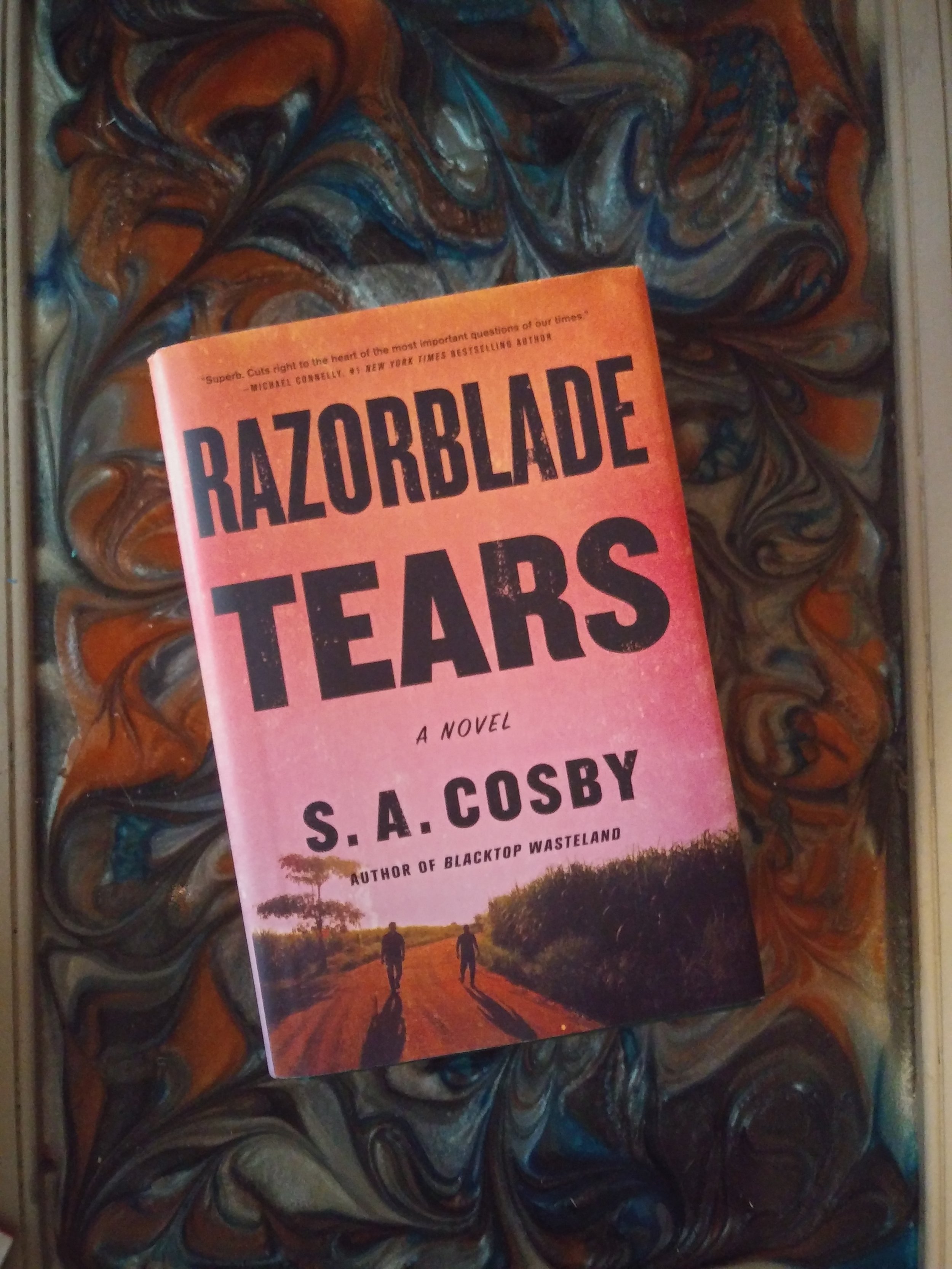Review Under Two is a segment of The Marinade with Jason Earle podcast where host Jason Earle reviews a work he finds inspiring in under two minutes.
Our Review Under Two for Episode 100 with singer-songwriter Ryan Anderson focuses on the excellent new record Constancy by The Roseline.
The Roseline’s Constancy is a slice of pumpkin pie as imagined by a cutting edge chef. Reminiscent of bands like Whiskeytown and The Flying Burrito Brothers but insistent on tackling familiar themes and exploring comfortable sounds from an original perspective.
Constancy is a hopeful record. Its characters do the messy work of looking back and examining the changes that need to be made. They acknowledge the messes in their lives and refuse to be defined by them. They decide to persevere instead.
The backbone of the album is a tune called “Hunker Down.” It is a perfect encapsulation of the record’s prevailing theme. Constancy’s characters are in varying stages of getting to know themselves, with those in “Hunker Down” getting as close to self-actualization as one could dream.
“All I wanna do is mostly nothing/Hunker down with you and try to tame/All my pecadillos and bad habits/Lay ‘em to waste”
“Hunker Down” is the excavation of life as a work in progress. It digs up the days of “flirting with service industry women” and “spending a shift’s worth of wages or more” in one night- those floundering moments of foolish youth that feel like they are necessary rites of passage. Maybe they are. Maybe the big takeaway should be that our bad habits and mistakes are necessary to develop constancy as a skill.
The narrator in “Hunker Down,” has overcome the false urgency of a night wasted to experience the beauty in doing “mostly nothing” with people you love.
We could all use a healthy dose of constancy, and The Roseline is an able ambassador for fortitude in the face of a precarious global landscape.































